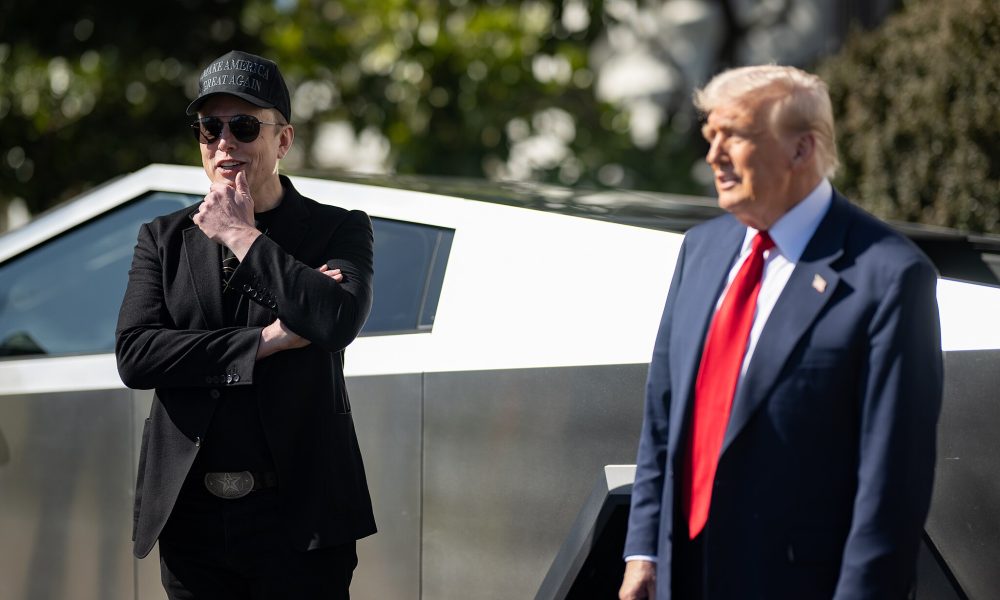Tesla CEO Elon Musk explained the automaker’s strategy for building batteries from top to bottom in a domestic setting as the company continues to alleviate its reliance on Chinese materials, something other companies are too dependent on.
With the Trump Administration, it is no secret that the prioritization of U.S.-built products, including sourcing most of the materials from American companies, is at the forefront of its strategy.
The goal is to become less dependent on foreign products, which would, in theory, bolster the U.S. economy by creating more jobs and having less reliance on foreign markets, especially China, to manufacture the key parts of things like cars and tech.
In a note from Alexander Potter, an analyst for the firm Piper Sandler, Tesla’s strategy regarding batteries specifically is broken down.
Potter says Tesla is “the only car company that is trying to source batteries, at scale, without relying on China.”
He continues:
“Eventually, Tesla will be making its own cathode active materials, refining its own lithium, building its own anodes, coating its own electrodes, assembling its own cells, and selling its own cars; No other US company can make similar claims.”
Musk, who spent time within the Trump White House through his work with the Department of Government Efficiency (DOGE), said that Tesla is doing the “important” work of localizing supply chains as the risks that come with being too dependent on foreign entities could be detrimental to a company, especially one that utilizes many parts and supplies that are manufactured mostly in China.
It is important, albeit extremely hard work, to localize supply chains to mitigate geopolitical risk
— Elon Musk (@elonmusk) June 3, 2025
Tesla has done a lot of work to source and even manufacture its own batteries within the United States, a project that has been in progress for several years but will pay dividends in the end.
According to a 2023 Nikkei analysis, Tesla’s battery material suppliers were dominated by Chinese companies. At the time, a whopping 39 percent of the company’s cell materials came from Chinese companies.
This number is decreasing as it operates its own in-house cell and material production projects, like its lithium refinery in Texas.
It also wants to utilize battery manufacturers that have plans to build cells in the U.S.
Panasonic, for example, is building a facility in Kansas that will help Tesla utilize domestically-manufactured cells for its cars.

